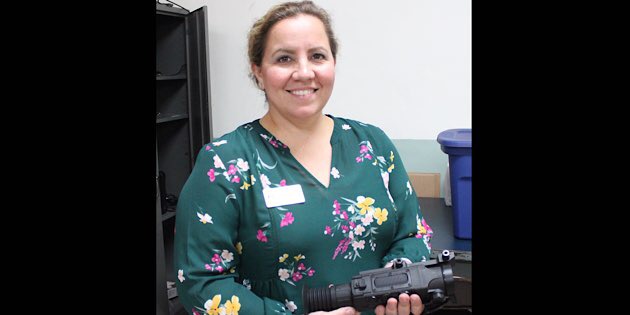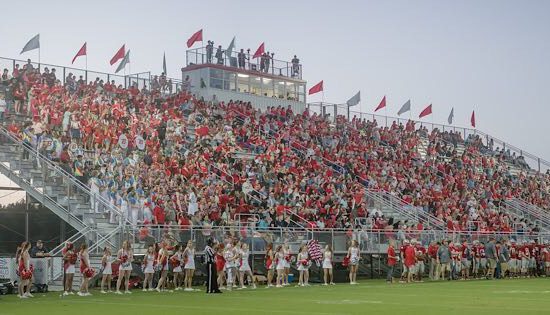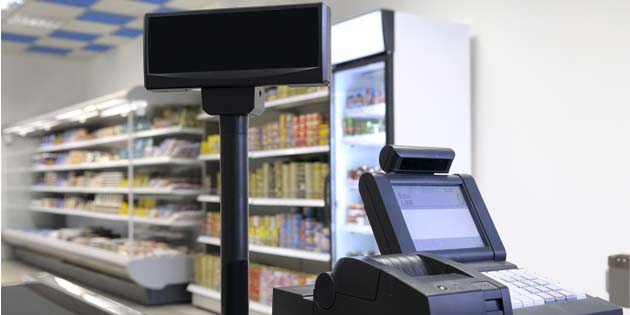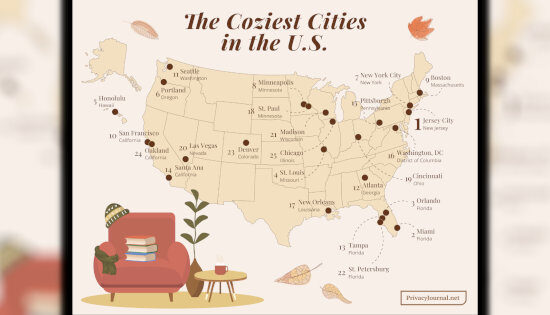By Wendy Melton
Feral swine are quickly becoming a nationwide problem. Originally introduced to the Americas by the first settlers two hundred plus years ago, their numbers have continued to grow to the point where serious damage is being done to all types of agricultural and natural ecosystems.
Erica McLelland of the South Georgia Regional Commission and Marshall Locher of Locher Reptile’s have come together to educate local farmers on how to protect their livestock and crops from the problems that are being caused by feral swine throughout South Georgia.

Where Can They Be Found?
Many people throughout the country do not realize just how quickly feral swine have expanded their population. As of 2019, they have been sighted in over 47 states across the country with 38 of those states reporting established populations. Texas, Florida, and Georgia take up the top three spots in terms of population, with Georgia ranking third.
Estimates at this time indicate the national population of feral swine to be around six million. This is only an estimate and many sources believe that the number may be much higher.
Why Are They Such A Problem?
Feral swine can cause a wide range of problems. First and foremost, the diseases they care are water-borne. This means they travel in local waterways and can spread much farther than the actual range of the population. Other problems include:
Devastation of planted crops through the uprooting or consumption of plants
Killing of livestock (both young and old)
• Destruction of trees and shrubbery throughout naturally growing forests
Competing with livestock for grass and other natural resources
At this time in Georgia alone, the cost of damages to agriculture in the state caused by feral swine populations is estimated to be around $150 million a year.
Nationwide, that number skyrockets to almost $1.5 billion a year. Erica McLelland explains, “Not only are they problematic for agriculture, they also damage golf courses and orchards. They will collide with vehicles.”
Because feral swine are omnivorous, their populations can grow by leaps and bounds. They will literally eat anything and everything in their path. It’s hard to limit a food source, if everything in their natural habitat is on their menu. Since it is practically impossible to limit their menu, Marshall Locher has been called in to help formulate a more effective plan.
It has becoming increasingly more apparent according to Locher and McLelland that traditional eradication methods such as hunting and trapping using the smaller traps, will not help solve the situation. He explains, “These animals are smart. They are very smart. One mistake with a trap and you have educated the others.”
Working Together to Find A Solution
Marshall Locher is well-known throughout the area. He works hand in hand with many agencies to remove and relocate reptiles and other animals that have become a nuisance or are in danger of harming themselves or others. Locher is an experienced nuisance animal eradicator and holds Nuisance Wildlife Control Permits from the Georgia Department of Natural Resources. McLelland and Locher have been working together to come up with a plan to help area farmers deal with the feral swine issues many have been experiencing.
Locher’s primary solution is to use larger, more sophisticated traps that he can control by remote access. The traps are large enough to secure an entire sounder (a group of both adult and young pigs) and equipped with a camera that allows Locher to see how many pigs are in the trap before he shuts the gate.
All of this can be completed through the use of an app he has downloaded on his smartphone. While it isn’t a fail safe plan in all situations, the number of swine that can be removed at one time is much higher than with the smaller traps that are found in stores like Tractor Supply.
Something Good Out of a Bad Situation
Even though the situation is becoming dire, there is some good that can come out of the problem. Feral swine are considered game animals and can be hunted as such. Whenever Locher traps a large number of feral swine, they are euthanized. In some cases, the carcasses are turned over to local meat processors. Once processing is complete, the meat can either be sold to the public or donated to local charities. In many states, feral swine can be hunted at any time with no bag limit. While this is one way to lower the population, it simply isn’t enough.
Agricultural co-operatives, Extension offices, and other organizations are gradually becoming more aware of the problem as it continues to grow.
If you have questions concerning feral swine in your area, call your state Department of Natural Resource or your local Agricultural Co-Op. In South Georgia, you can call South Georgia Regional Commission and talk to Erica at 229-333-5277 or Marshall Locher of Locher’s Reptiles at 229-444-8616. Locher is available to visit areas and help assess damage to specific areas and is willing to work with local farmers to find a working solution to their feral swine problem.










